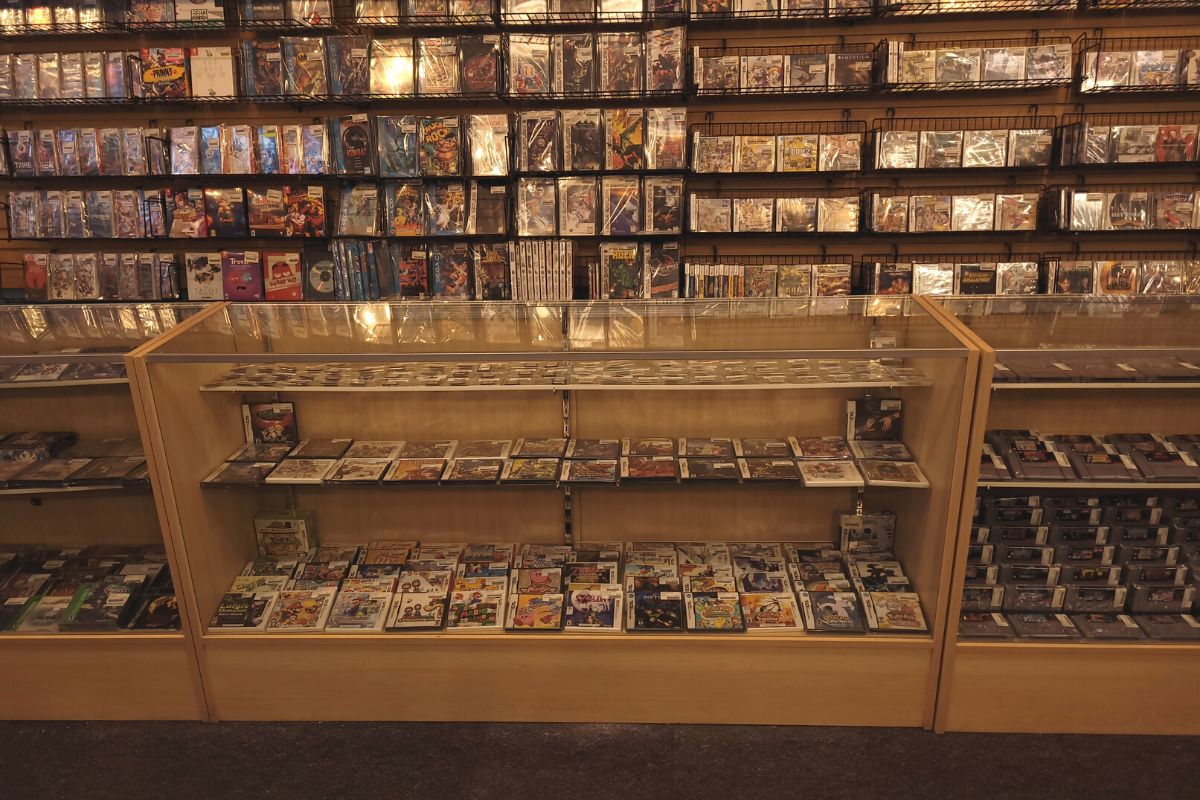January is an underrated month in the world of sports. The NCAA football championship is decided, the World Junior Hockey tournament attracts all of Canada, several professional sports seasons are in full swing and the Australian Open kicks off professional tennis. Let’s not forget the buildup to the Superbowl. Yet, the first sports item on my mind this month is the national rankings in the Canadian Colleges Athletic Association.
Last week, I checked to see if the new rankings were online for men’s volleyball. I thought good results from the weekend might move my alma mater, Augustana, up a few spots. However, to my stupendous surprise, the Vikings flipped spots with NAIT from the fifth spot to the 12 spot. A puzzling change, as the Ooks went undefeated in exhibition play over the break and defeated the Red Deer College Kings.
The drastic change in the rankings makes little sense. Why should a team be penalized for defeating the top ranked team in the country? This is yet another example of controversy concerning the CCAA rankings. Having seen the process for submitting rankings – my father was once the convenor – there are good intentions in place but ultimately they are wasted.
The reason rankings exist is answered by looking at the NCAA (National Collegiate Athletic Association) in the United States. Because there are different conferences
within one gigantic governing body, rankings exist in order to help organize the hundreds of schools in the U.S. Because there is no way of determining rankings perfectly without having every team play each other, these rankings allow a committee to vote teams up or down based on their results. Here in Canada, a convenor from each conference within the CCAA submits
four teams, ranking them in order and then selects a list of 15 based on all the teams submitted.
Rankings also provide schools an avenue for recruiting new student athletes. For example, Briercrest now exists in the conversation when people name the best athletic programs in the ACAC (Alberta Colleges Athletic Conference). Despite a student population of less than a thousand, the Clippers’ CCAA medals and appearances in the national rankings appear for
everyone in Canada to see.
The process is certainly not easy and will always be criticized by someone but several aspects make the system basically obsolete. First, the ACAC dominates the rest of the country in several sports; chiefly men’s volleyball. An ACAC team has won 11 of the past 15 men’s national championships and took home silver was well last year. If the rankings were fully accurate, three of four teams would attend the tournament representing the ACAC each year.
Second, there aren’t as many schools in Canada, so the basic need for rankings isn’t as drastic as it is in the States. Trying to come up with enough teams for a March Madness style tournament is impossible. There are barely enough teams with all of the conferences combined to fill out the bracket.
Third, the standings are inaccurate all of the time. Too much emphasis is placed on exhibition matches early in the year and one bad game can move a team down the standings in a flash. While Augustana should’ve sat higher in the standings going into the Christmas break, NAIT’s men should’ve remained in their current spot after Jan. 4. The Ooks moving down for going undefeated and Red Deer staying in the same spot for going winless in the same tournament lacks the logic the process requires.
Fourth, because no conference gets to send more than two teams, it’s a moot point stressing over teams in the rankings because the only criterion for qualifying for nationals is winning the conference or finishing second. One would think the weekly rankings should affect which conference receives a wild card but that is decided by previous CCAA results before the start of the season.
Ultimately I appreciate the difficulty that comes with deciding which teams fit and where. However, the effort that goes into that process has little effect on the national tournament and only provides teams an opportunity to complain about something. Going forward, teams would benefit from forgetting about the rankings and simply focus on preparation for the playoffs.
After all, only two teams get to go to the dance.
JOSH RYAN
Sports Editor
@JoshRyanSports





